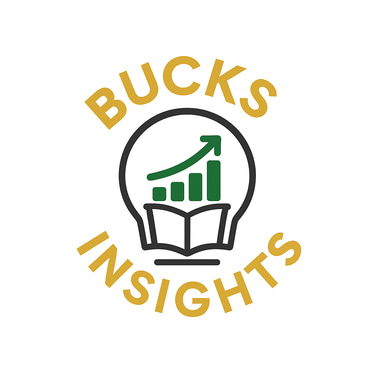Success Made Simple: Tiny Habits That Build Financial Freedom
We often think financial success comes from big breaks or sudden wealth. The truth is, it starts much smaller—waking up on time, keeping promises to yourself, and replacing old habits with new ones. Over time, these small wins add up, transforming your goals into lasting financial results.
SOUTH AFRICA GUIDEMONEY BASICS
7/27/20252 min read


Redefining Success in Daily Life
Success isn’t always about big milestones. It’s about the small wins that build momentum.
For example:
If you set an alarm for 05:00 and get out of bed when it rings—you’ve succeeded.
If you follow through on what you planned to do after waking up—that’s another success.
Even if your day ended there, you’ve already achieved success. Why? Because you've accomplished what you set out to do.
Success starts with an aim and grows as you consistently move towards it. But here’s the truth: success and failure are inseparable. Too many people fear failure so much that they never even try. Yet, over time, success is measured in aggregate. If your wins outweigh your losses—you’re successful.
Failure as Part of Success
Failure isn’t the opposite of success—it’s part of the journey.
Just starting is already the first win. Success is a habit, built from small, consistent actions. Start tiny:
Set an alarm.
Wake up.
Stay up.
Add one more positive action each day.
Eventually, these small wins compound into major achievements.
Applying Success to Money
Financial success works the same way. It’s not about sudden wealth—it’s about consistent, intentional habits.
Start with an aim. What do you want financially?
Take the smallest possible step. Skip one unnecessary expense, track one part of your budget, or save just a little.
Replace unhelpful habits. For example, cut back on daily takeaways or coffee runs and redirect that money towards savings.
Create a budget. This is the foundation of financial success—telling your money where to go instead of wondering where it went.
You won’t be perfect. You’ll miss targets sometimes. When that happens, don’t be harsh on yourself. Adjust, refocus, and keep going.
Learning Through Failure
Failure is a teacher. Each setback provides skills and resilience that fuel your next step.
Think back to childhood: you learned to eat, walk, and talk through trial and error. That same process continues in adulthood—only now, the responsibility rests on us. True growth begins when we take accountability for our choices and actions, no matter how small.
My Journey
In 2009, during my gap year, I got my first job—but was let go after just a week. My second job turned out to be a scam; I worked two months without pay before the company vanished overnight.
Instead of giving up, I kept trying. With only R20, I started selling cigarettes on trains, reinvesting profits until I could join a Chinese medicine distribution network. I began selling green tea sachets, then expanded into other products. My client base grew to include teachers, government employees, and even past insurance customers. Eventually, I left that business to attend university in search of a bigger stage.
Looking back, even the jobs where I didn’t get paid taught me valuable skills—like speaking to people, building trust, and presenting with confidence (even when nervous). I realized something important: sometimes, people weren’t buying the product itself—they were buying me. My effort, my presence, my willingness to show up.
Bringing It All Together
Success isn’t reserved for the lucky few. It’s built, step by step, habit by habit. It’s choosing to start, embracing failure, and learning along the way.
Financial success is no different: start small, stay consistent, build good habits, and measure progress in tiny wins. Over time, those wins add up—and that’s when you look back and realize you’ve succeeded.
